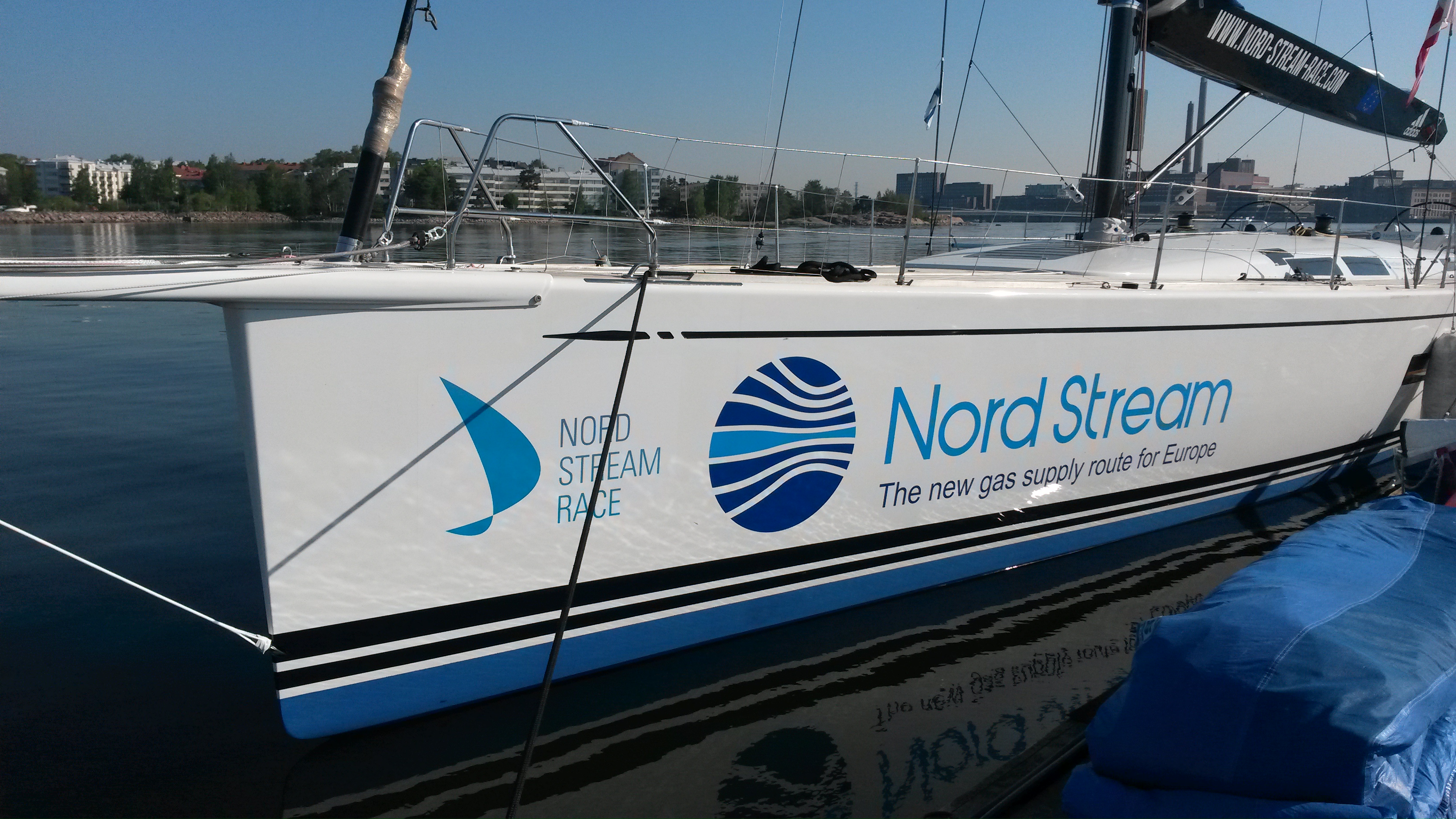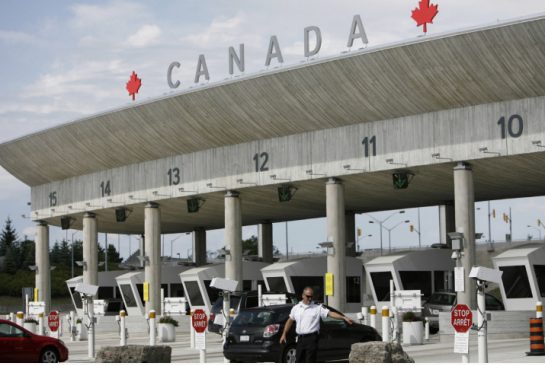Abstract: While Russian meddling has been an ongoing issue for many eastern European countries, the West is now experiencing it at unprecedented levels. In the past, Moscow has used its dominant market position in various liberal democracies to exert influence over their decision-making. While those in eastern Europe are attempting to free themselves from Russian malfeasance, western European countries are signing deals that would allow Russia to monopolize industries and exert economic power. With the completion of the Nord Stream 2 pipeline, western European governments, as well as the European Union as a whole, could see a dynamic shift in direction on a wide array of policies as a result of Russian soft power.
For much of the twentieth century, several countries in eastern and central Europe were under the authoritarian thumb of the Soviet Union. It was not until the turn of the century that many of these countries, including Hungary, Poland and the Baltic nations were able to express self-determination and sovereignty. Russia’s presence did not vanish after the fall of the Iron Curtain, and integral economic infrastructures, particularly in the energy and resource industries – such as oil and gas pipelines and electric power grids – are often exclusively sourced from Russia. As a result, eastern European countries are significantly reliant on trade with Russia, which has allowed Moscow to influence decision-making in these countries by threatening to refuse the flow of energy imports. This has prompted efforts to diversify energy imports to European countries away from Russia. In recent years however, this effort has been sidelined by some Western governments that are seeking a closer trade relationship with Russia. In other words, while eastern Europe is trying to decrease its dependence on Russian trade, western Europe is in the process of increasing its own dependence.
Many central and eastern European countries such as Finland, Latvia, Lithuania, Estonia, Slovakia and Austria are all 100% dependant on Russian gas. For Poland, Greece, and the Czech Republic, the dependency is between 65-75%. Many of these post-Soviet countries do not have checks and balances to prevent or detect powerful domestic or foreign groups from engaging in illicit lobbying practices. While most central and eastern European countries have anti-corruption laws, these are often insufficient to truly combat Russian market exploitation.
In May 2018, the European Commission found that Russian energy giant Gazprom had engaged in predatory trade practices that breached E.U. antitrust laws, highlighting Russia’s stronghold on eastern and central European economies. The Commission found that Gazprom had set up contractual barriers, exploited their market dominance, and restricted the flow of gas to prevent certain countries from diversifying their economies or reduce their reliance on Russian gas.
To address the concerns of Russian energy dependence, a number of eastern European countries have sought to diversify their economies to reduce Moscow’s economic footprint. In 2018, the Polish government announced its plans to build their own pipeline through the Baltic sea, called the Baltic pipe. The project would move gas from Denmark and Norway through Poland and into the Baltic states in order to reduced Russian market dominance in these countries.
On the other hand, while post-Soviet states in eastern and central Europe are trying to reduce their reliance on Russian energy, western Europe is attempting to tie its energy future closely with Russia. In 2005, Gazprom and a number of European firms agreed to create two new pipelines that would deliver Russian gas throughout Europe. The TurkStream pipeline would transfer more Russian oil to the Balkan states in the south, to countries such as Serbia, Romania, and Greece.
Another pipeline, Nord Stream 2 is much more controversial. This pipeline would be the world’s largest undersea natural gas pipeline, which would transport gas under the Baltic sea from Russia to Germany. This would make Germany an energy hub for the continent, and give Russia much more access to western European markets.
Currently western Europe is much less dependent on Russian gas than its Eastern counterparts. The share of energy imports from Russia range from as high as 35% in Germany, to as low of 10% in the United Kingdom. According to some estimates, if the Nord Stream 2 pipeline is built, Russian energy exports to Germany are set to double in a few short years. Some critics have suggested that the Nord Stream 2 pipeline could be used to as a tool for Russia to exert malign influence over these states, and has received pushback from both France and Poland, but it is expected to be completed by the end of 2019. The pipeline has not just been a subject of contention in Europe, but also on the other side of the Atlantic.
After meeting with German Chancellor Angela Merkel, and other European leaders in the summer of 2018, U.S. President Donald Trump tweeted: “What good is NATO if Germany is paying Russia billions of dollars for gas and energy?” and “The U.S. is paying for Europe’s protection, then loses billions on Trade.”
Moreover, the effects of Russia’s economic footprints are already taking root in western Europe. In 2018, German business leaders pressed Chancellor Angela Merkel to seek waivers from economic sanctions imposed by the United States on Russia for its annexation of Ukraine in 2014. If Moscow is able to compromise the decision-making ability of western European states, particularly France and Germany, the linchpins of the E.U., this could cause a dynamic shift away from liberal policy directions in Europe.
Moscow has demonstrated its willingness to exploit its economic footprint in Europe by arm-twisting governments into political compliance and influencing decision making. Accordingly, while the demand for gas in Europe is expected to increase over the coming decades, gas supplies within Europe are set to decrease. This may provide wider footholds in the European economy for Russian syndicates to gain access to – and potentially leave these countries vulnerable to – greater political interference.
Moscow’s ability to exert political clout through its market dominance in European economies enables the goals of the trans-Atlantic community to be undermined, and potentially compromised. Unless the European Union addresses the weaknesses in its liberal market economy that are being exploited by Russia, the E.U. and its member states could become subject to greater influence from the Kremlin.
Alternatively, investing in sustainable energy, and decarbonizing European economies to offset the energy demand that is currently being supplied by Russian-based enterprises could be a potential solution to break this dependence and address the security threats that come with it.
Featured photo: Swan 60 Sailboat, (2014). By: Sami P. Lehtonen via WikiCommons. CC 4.0
Disclaimer: Any views or opinions expressed in articles are solely those of the authors
and do not necessarily represent the views of the NATO Association of Canada.
Author
-
Dakota Bewley is currently in his final semester of his undergraduate bachelors degree studying Criminology, at Wilfrid Laurier University, all the while doing a Junior Research Fellowship at the NATO Association of Canada, and working for the City of Kitchener part-time. Throughout Dakota's time at university, and prior to, he has refined his interpersonal and communication skills, demonstrated good judgement and problem solving capabilities, refined analytical skills and attention to detail and gained knowledge in areas such as world history and cultures. Dakota has further expanded his interests in subjects such as, national security and global terrorism, international economics and crime, and other world issues. Following Dakota's fellowship at the NATO Association of Canada, and the completion of his bachelor's degree in 2019 he seeks either apply to a master's degree in national security, or get to work in the field of national security.
View all posts




